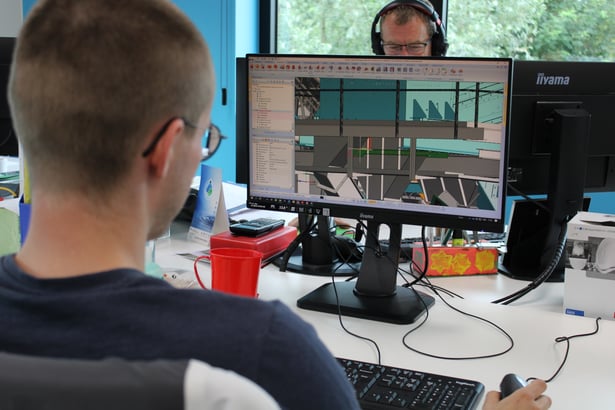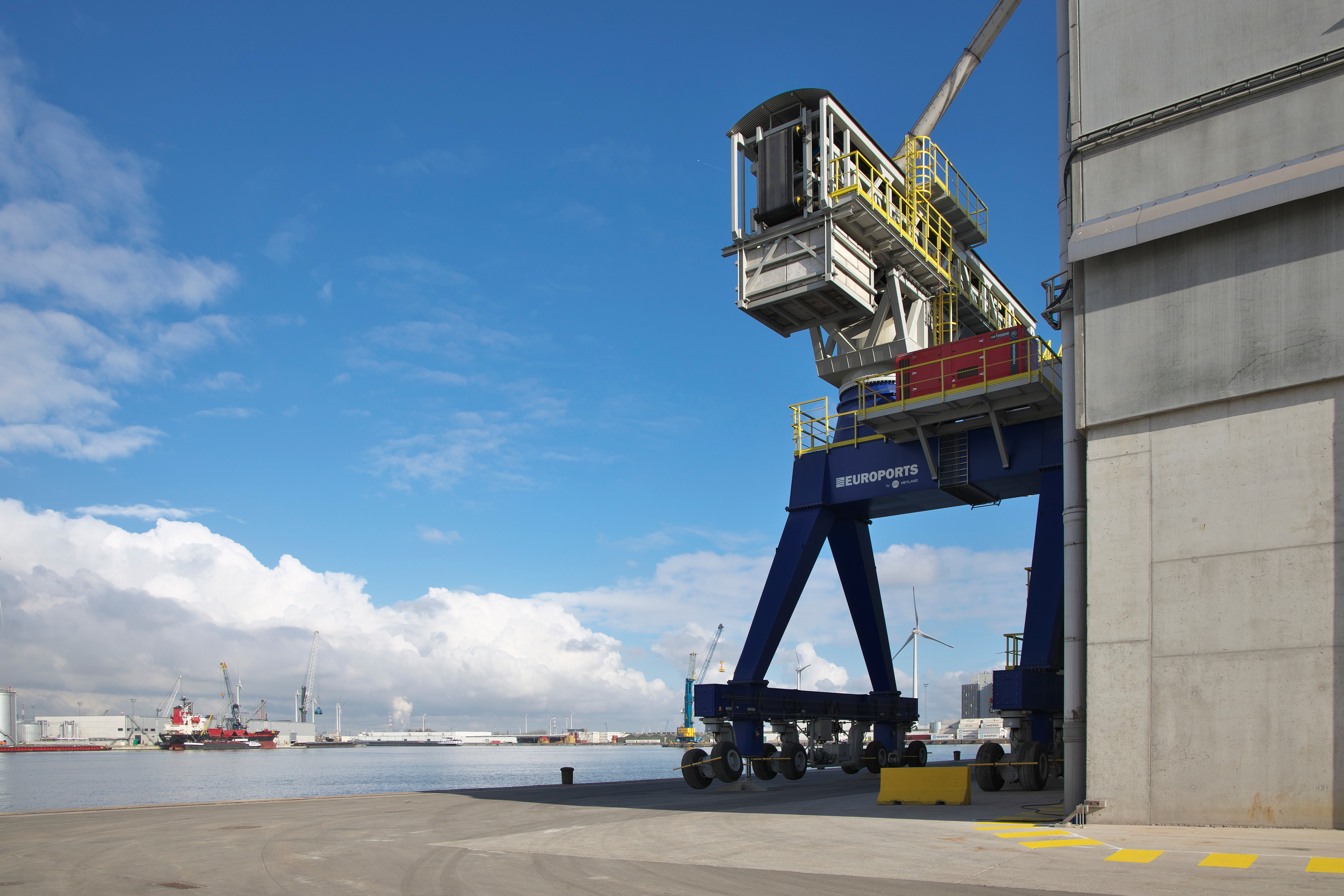
The name Meyland comes from Antoine De Meyere and Richard Roeland. They set up a shed in 1968, in Adegem Belgium, to maintain and repair machinery, in the grain and animal feed industry. Whereas the family business started out modestly in 1968, it has seen uninterrupted growth ever since. In 1973, the first three members of staff were hired. Today, the organisation employs , 75 people on a permanent basis. Meyland offers high-quality installations for handling and transporting piece and bulk goods. They do this in total projects, based on 3 pillars: design, construction and maintenance. Completely tailored to the product and the customer's requirements.
From the year 2000, the second generation took over the torch. Along with the takeover, the business process also changed and Meyland started looking for a new CAD package that matched the company's new direction. To decide which drawing package Meyland would go for, they commissioned several parties. However, HiCAD was the only programme that could do something the other packages could not. As a result, the choice fell on HiCAD. Meyland has been working with HiCAD since 2000 and currently has 14 licences in use. Meyland uses the Steel Engineering module and Sheet Metal Professional modules, along with the Point Cloud module and IFC module.
According to Davy van Hecke, project manager at Meyland, the biggest user convenience of HiCAD is that everything can be created in one drawing. This is a big advantage when producing total projects. Whereas with other packages, like Solidworks for example, this all consists of separate drawings. Having everything in one model provides overview and makes it easier to collaborate with others on 1 project. For example, you can quickly trace errors with a collision check or work on both the 2D and 3D model. As in the Netherlands, customers in Belgium are increasingly asking for 3D files. The fact that HiCAD can work in both 2D and 3D makes it very convenient. This allows them to satisfy these customers' 3D requirements, but also to easily provide other customers who still work in 2D with models. Meyland also uses HELiOS to keep an overview and structure. This allows them to easily find projects and reuse them if necessary.
Meyland currently has many projects in port of Antwerp. One project they are very proud of is the 'mobile ship loader'. The mobile ship loader is designed to load various cargo vessels. The aim is to transfer fertilisers from the warehouse to the cargo ship in a dust-free manner. Various techniques used make it possible to load a ship's hold evenly and with minimal dust generation. The entire installation can move mobile across the quay and is also self-levelling. This means that uneven terrain can be accommodated, so the installation will always drive level. Both driving over the quay and operating the various movements during loading can be controlled remotely by an operator using a remote control.
On this project, HiCAD's derive and civil engineering functions saved a lot of time. With the derive function, all workshop drawings can be worked out easily and fully automatically, which is particularly useful for large projects of this kind. With the civil engineering function, an entire railing, fencing or balustrades can be set up quickly at the click of a button, so you don't have to set this up manually piece by piece.

About the cooperation, Davy can be brief; they are very satisfied. When Meyland uses the helpdesk, they are helped well and it is very nice that the progress of a request can be followed and viewed. In addition, they have one fixed point of contact for questions who can support them, so they always know where to turn.




